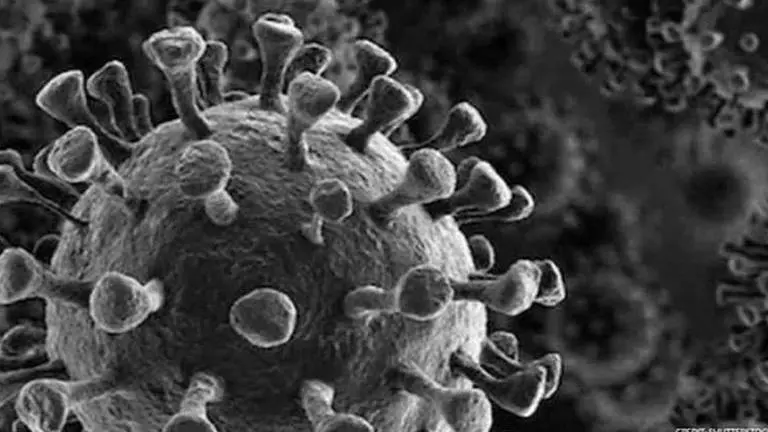Updated 2 May 2020 at 19:36 IST
Iceland contains virus with voluntary App use
Following an extensive programme of testing and tracing, including through voluntary data collection via an App, Iceland has suppressed the spread of the new virus, reporting just 99 active cases on the last day of April.
- World News
- 2 min read

Following an extensive programme of testing and tracing, including through voluntary data collection via an App, Iceland has suppressed the spread of the new virus, reporting just 99 active cases on the last day of April.
In total, Iceland has seen 1,798 COVID-19 cases and ten deaths.
Iceland's success is partly testament to its tiny population: it has a population of just 360,000. But it also reflects decisive action by authorities, who used a rigorous policy of testing and tracing to find and isolate infected people, even when they had no symptoms.
Over six weeks, Iceland managed to test almost 50,000 people, more than 13 percent of the population, the biggest chunk of any country in the world.
Advertisement
That has helped Iceland weather the pandemic without resorting to the near-total social and economic shutdowns enforced in many other European countries.
This was implemented despite the fact that the country's chief epidemiologist Thorolfur Gudnason initially, in March, said that Iceland simply aimed to "slow down" infections and attain herd immunity as a by-product, according to local media.
Advertisement
Alongside the testing, civil defense authorities set up a contact tracing team, and a mobile phone tracing app was up and running a few weeks later.
One third of the population have installed the app to date, a fact the contact tracing team attributes to a careful consideration of privacy-related issues.
Starting on Monday, gatherings of up to 50 will be permitted, high schools and colleges can resume classes and all businesses except bars, gyms and swimming pools can reopen.
"The app will be important now after 4 May when we will reduce the gathering ban and the restrictions so we are prepared that the pandemic might rise again a little," said Aevar Palmi Palmason, head of the contact tracing team.
The entire country, however, must self-isolate from the rest of the world for the time being. Everyone arriving from abroad faces a 14-day quarantine, and so for now, Reykjavik's beauty remains a privilege for the few.
For most people, the new coronavirus causes mild or moderate symptoms, such as fever and cough, that clear up in two to three weeks.
For some, especially older adults and people with existing health problems, it can cause more severe illness, including pneumonia, and could lead to death.
Published By : Associated Press Television News
Published On: 2 May 2020 at 19:36 IST
